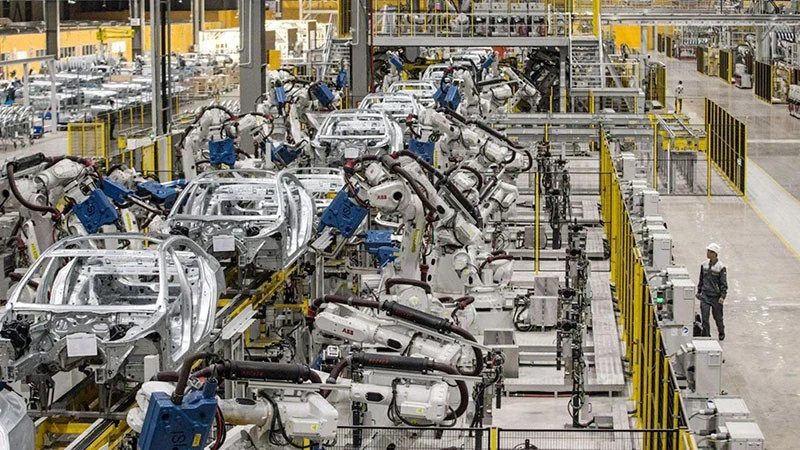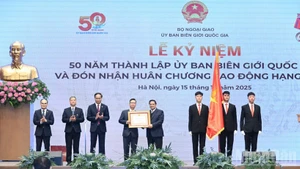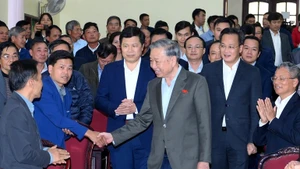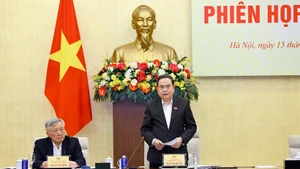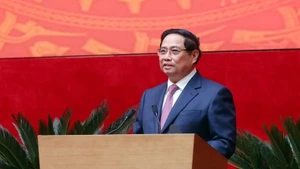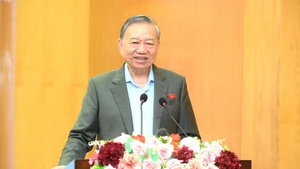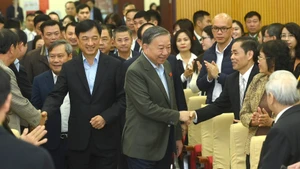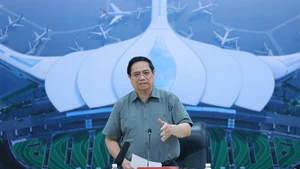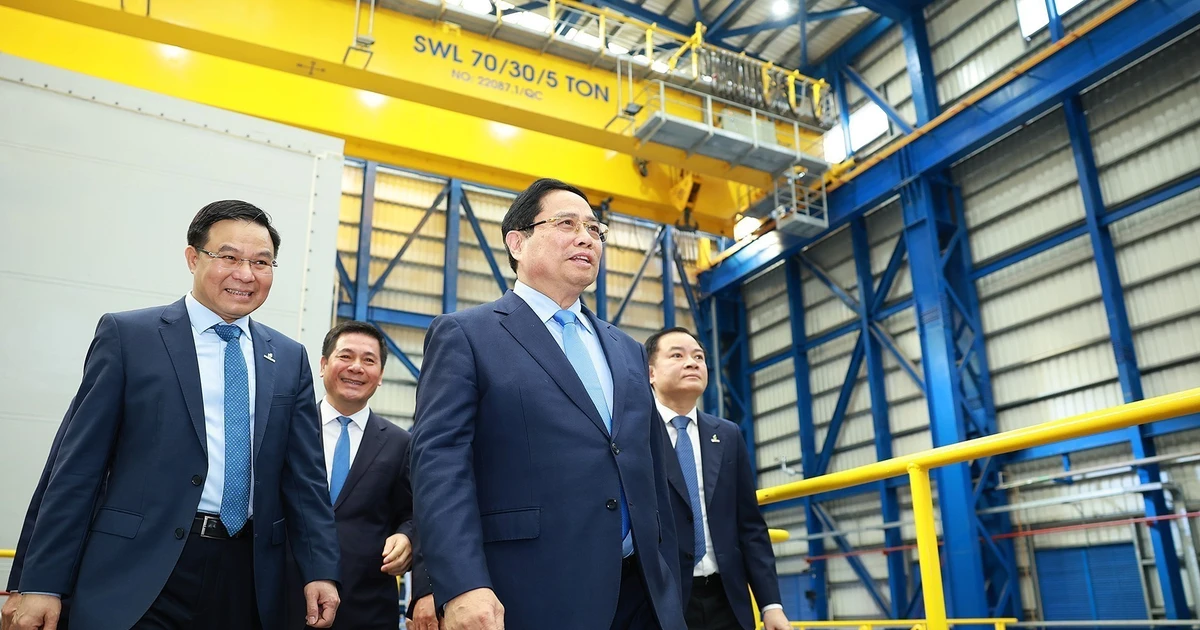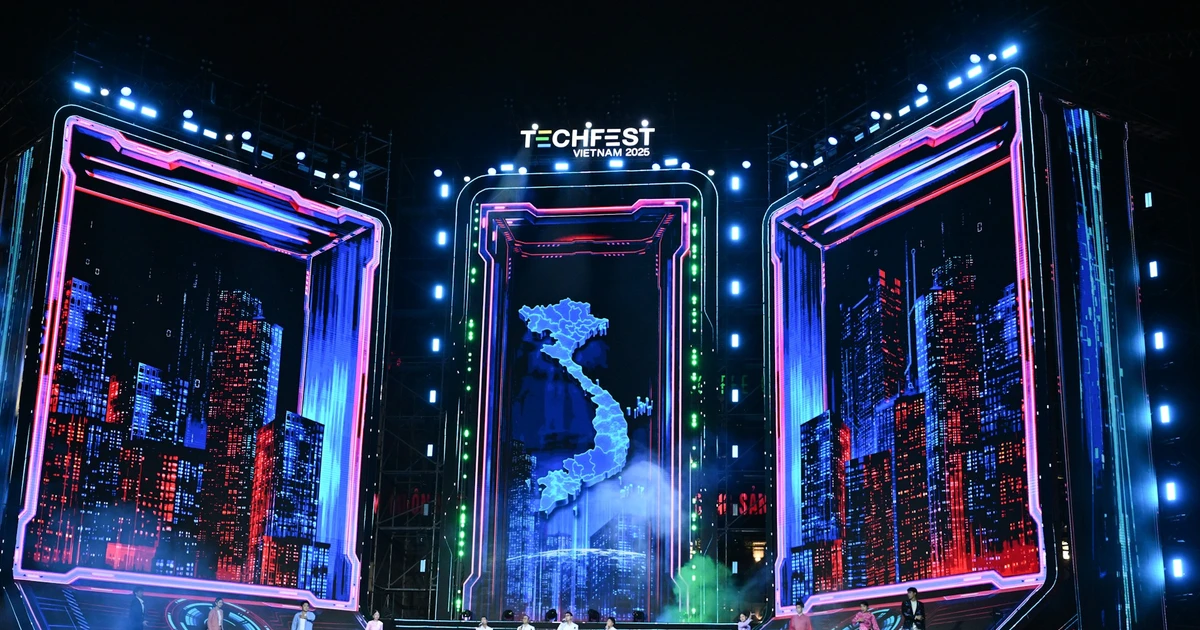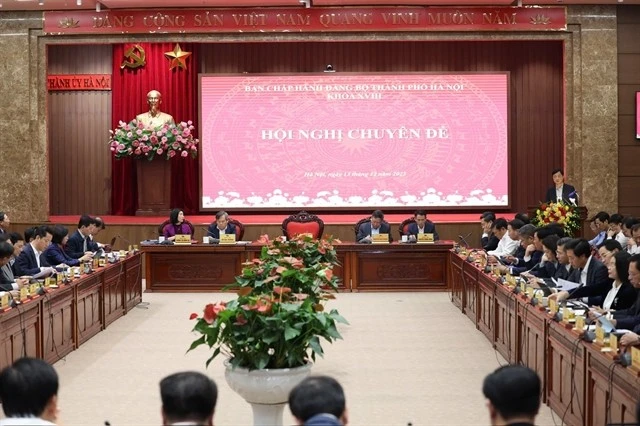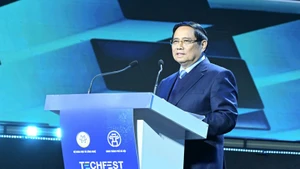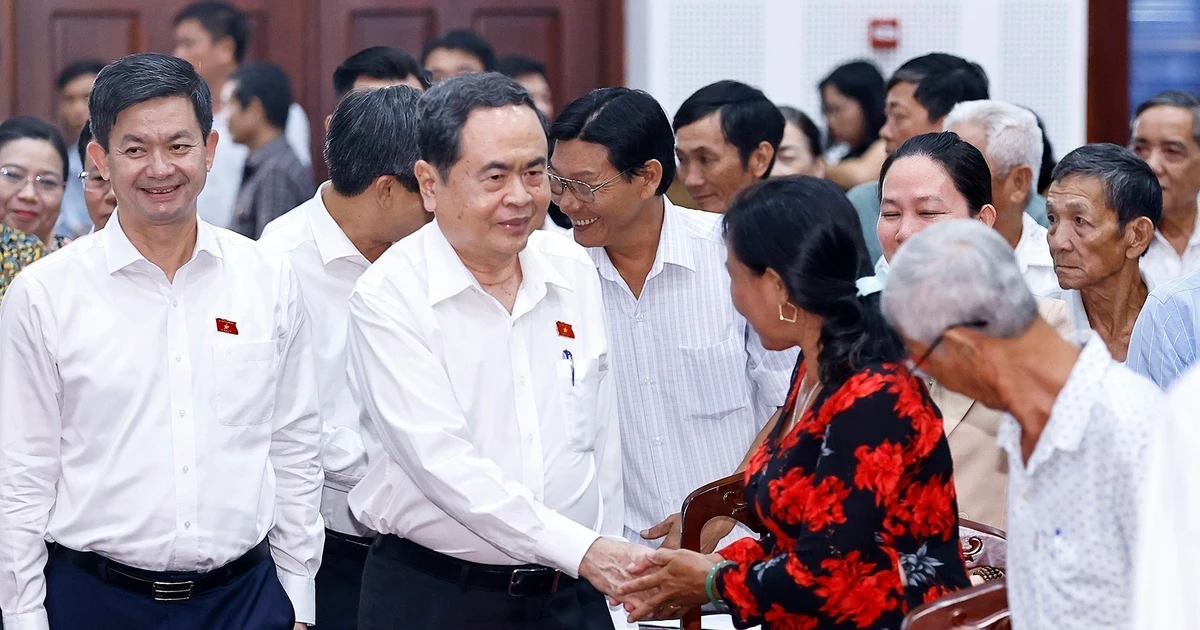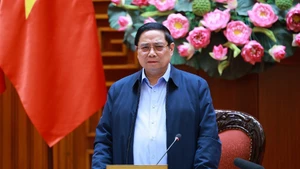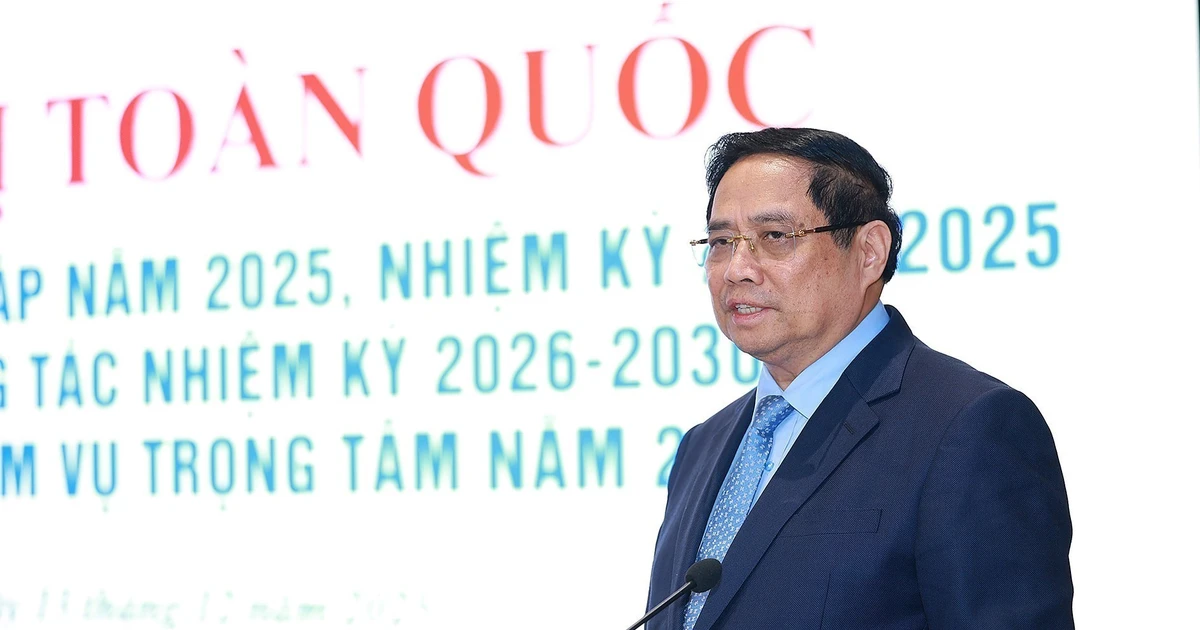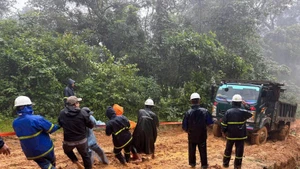The Fourth Industrial Revolution (Industry 4.0) has significantly influenced national defence, security, diplomacy, and human security. In the 21st century, new concepts and issues have emerged, such as “soft borders”, “soft power”, and “cyberspace”. Global challenges, including natural disasters, epidemics, climate change, and environmental pollution continue to evolve in complex ways.
Challenges in managing cyberspace and virtual spaces include issues such as virtual multi-level marketing schemes and speculative bubbles in cryptocurrencies, which could trigger crises that spread to financial markets, potentially destabilising society.
Terrorism, transnational crime, high-tech crime, energy security, and food security are testing governments’ management capacities, the resilience of political institutions, and the stability of economies. The Party has been quick to recognise these emerging issues.
In Resolution No. 08/NQ-TW, issued by the Politburo of the 8th Party Central Committee on December 17, 1998, the Party warned of and identified challenges to national security, including issues related to non-traditional security threats. The 13th National Party Congress emphasised the need to address national security threats as non-traditional security challenges grow more diverse, complex, and impactful in order to firmly safeguard the Socialist Republic of Vietnam.
In an interview, Colonel, Associate Professor, and Doctor Tran Ngoc Long, former Deputy Director of the Institute of Military History and Editor-in-Chief of the Military History Journal, emphasised a new development in the Party’s thinking and awareness regarding national defence: the need to anticipate, prepare for, and protect the Fatherland “early and from afar”.
Our task is to thoroughly implement the directive to: “Build an elite, compact, strong, and modern military force capable of meeting mission requirements in all situations.” We must also be prepared to effectively respond to both traditional and non-traditional security challenges.
Colonel Tran Ngoc Long further highlighted the distinctions: “Traditional security focuses on national sovereignty, emphasising external threats. Non-traditional security, however, centres on human well-being, emphasising the protection of individuals’ basic rights and favourable conditions for personal development within the community. Measures to ensure non-traditional security are more diverse and primarily non-military in nature, requiring cooperation and coordination.”
Building a sustainably developed, prosperous nation and firmly safeguarding the nation while maintaining security are two interconnected, inseparable strategic tasks. Recognising this, we strive to develop the economy, promote social progress and equity, ensure social welfare, advance culture, education, science, and technology, and strengthen national defence and security.
Additionally, it is essential to enhance capabilities for disaster prediction, warning, and response; monitor climate change; and improve search-and-rescue operations. All these efforts contribute to establishing a solid foundation for successfully carrying out the mission of firmly safeguarding the Fatherland “early and from afar”. This comprehensive directive has been emphasised by Party General Secretary and Secretary of the Central Military Commission To Lam.
In his closing speech at the 10th Plenary Session of the 13th Party Central Committee on September 20, 2024, To Lam stressed: “We must focus on implementing the highest-priority solutions to ensure strong economic growth alongside environmental protection, social welfare, and the best care for the people’s lives, particularly in regions heavily impacted by Typhoon No. 3. At the same time, we must firmly maintain national defence and security, enhance the effectiveness of foreign affairs, and continuously elevate Vietnam’s position and contribution to peace and stability in the region and the world.”
To fulfil these tasks, the first strategic direction and solution outlined by the Party General Secretary was to: “Resolutely pursue economic and social development and environmental protection as the central focus, accelerate three strategic breakthroughs, strengthen Party building as the cornerstone, foster cultural development as the foundation, bolster national defence and security, and advance foreign affairs and international integration as critical and ongoing priorities.”
We have been striving to effectively implement these directives while successfully fulfilling the resolution of the 8th Plenary Session of the 13th Party Central Committee on the strategy for safeguarding the Fatherland in the new era.
